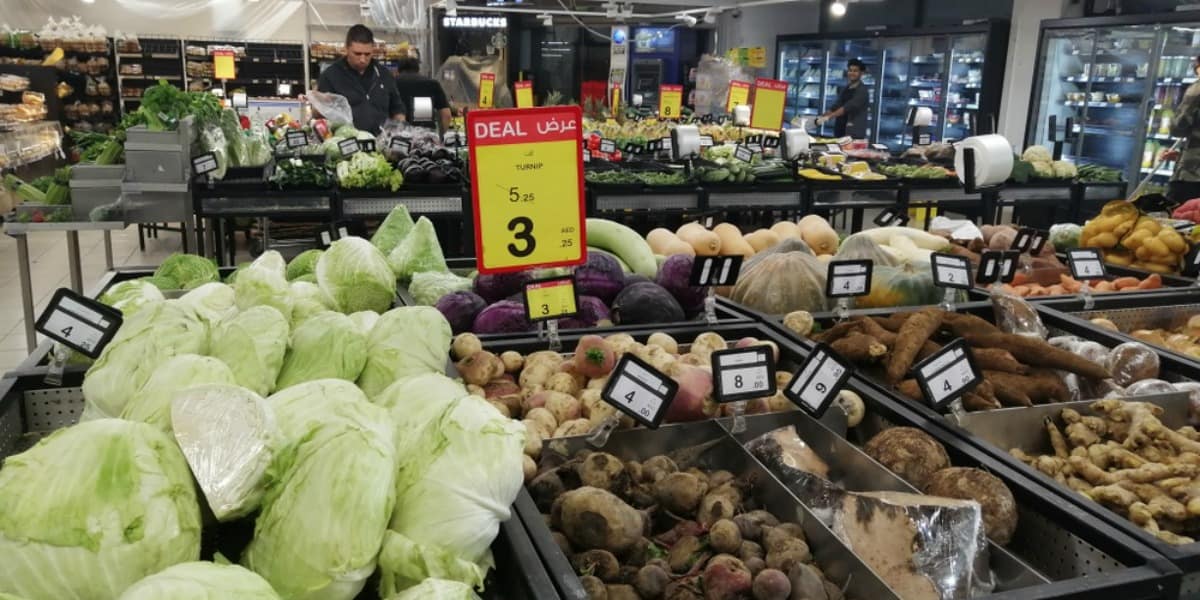Dubai licenses local farms to display products at retail outlets as part of food security drive
Dubai’s Business Registration and Licensing (BRL) unit has granted licences to agricultural and livestock farms to allow them to display their products at retail outlets.
“The UAE is taking concerted efforts to build an agricultural sector that can contribute to food diversity and the national economy,” said BRL’s director of business registration division, Walid Abdel Malik, in a statement on the Dubai Media Office site on Tuesday (June 23).
The UAE has made food security a priority. In 2017 it established a State Ministry for Food Security, which led to the UAE National Food Security Strategy 2051 formulation.
The farms given licences this week include Al Awir Farm for Poultry and Rabbit Breeding, Altay for Livestock and Dairy Trade, Mahayas for Farming Seeds and Vegetables, and Al Ayas Farm that supplies organic and non-organic vegetables, fruits and dates at the rate of 1 to 2 tonnes per month as well as 200 organic eggs produced daily and sold at one dirham per egg.
The number of farms in Dubai has reached 2,000, according to the statement. This includes 550 agricultural farms. The total number of livestock is 180,000 sheep, 120,000 goats, 30,000 camels and 10,000 cows.
In addition, 400,000 chickens are produced a year at the rate of 50,000 birds per cycle in eight cycles per year.
10,000 eggs, 10,000 litres of unpasteurised cow’s milk, and 1,000 litres of goat’s milk is also produced daily, said the statement.
Other produce include veal meat at 1,200 kilos per month, and 1,000 heads of rabbit.
Dubai Municipality’s head of veterinary services Fatma Ibrahim AlOtaibi said the authority has rehabilitated 25 farms by converting them from hobby farms to productive income earners.
“We are currently looking to increase the number of productive farms that apply veterinary health requirements during the coming period,” added AlOtaibi.
These efforts are part of UAE's overall food security priority.
By one calculation, the country's food consumption is to grow at an annualised rate of 3.5% from 8.7 million tons in 2018 to an estimated 10.3 million tons in 2023, according to Alpen Capital’s September 2019 “GCC Food Industry” report.
In terms of imports, in 2019 the UAE bought $1.74 billion in meat (down from $1.87 billion in 2018), $1.3 billion in dairy produce, birds’ eggs, natural honey and other edible products of animal origin (down from $1.85 billion in 2018), and $734.1 million of edible vegetables (down from $973.3 million), according to data from the United Nations’ ITC Trade Map.
© SalaamGateway.com 2020 All Rights Reserved

